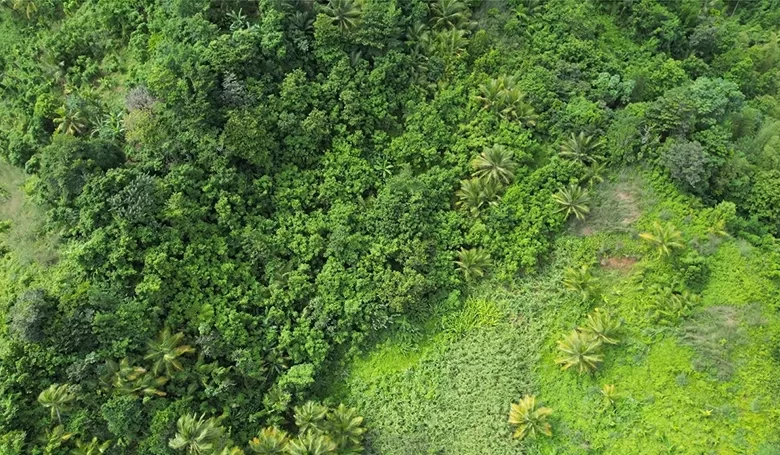Aliens Landholding Regulation Act, No. 17 of 1995

The Aliens Landholding Regulation Act, No. 17 of 1995, is a legislative framework established by the Commonwealth of Dominica to regulate land ownership by non-citizens. The Act aims to monitor and control foreign land acquisition, ensuring alignment with national interests and sustainable development goals by allowing them to obtain an Alien Landholding License (ALHL).
Key Provisions of the Aliens Landholding Regulation Act:
- Definition of “Alien”:
- An “alien” is an individual who is not a citizen of Dominica or any member state of the Organization of Eastern Caribbean States (OECS). This definition extends to companies controlled by such individuals.
- Licensing Requirements:
- Aliens are prohibited from holding land or any interest in land without a license, except under specific conditions outlined in the Act.
- Exemptions from Licensing:
- Aliens may acquire land without a license for:
- Residential Purposes: Up to one acre.
- Trade or Business: Up to three acres.
- Despite these exemptions, a license fee of 10% of the property’s market value is payable to the government.
- Aliens may acquire land without a license for:
- Forfeiture of Unlicensed Land:
- Land held by an alien without the necessary license, beyond the exempted limits, is subject to forfeiture to the State.
- Agreements to Hold Land:
- Any agreement by an alien to hold land does not vest any interest in the land unless a license is obtained.
- Corporate Restrictions:
- Dominica companies can restrict aliens’ holding of shares and debentures.
- Trusts:
- The Act’s licensing provisions apply to land held in trust for an alien, ensuring that indirect ownership is also regulated.
- Designated Areas:
- The Minister may designate areas in Dominica where alien land acquisition is restricted or subject to additional conditions, as published in the official Gazette.
- Penalties for Non-Compliance:
- Acquiring land without the necessary license or failing to adhere to the Act’s provisions can result in penalties, including fines and potential forfeiture of the property.
- Amendments:
- The Act has been amended to address evolving landholding concerns. For instance, the Aliens Landholding Regulation (Amendment) Act, 2015 introduced obligations for aliens acquiring land for approved developments, such as applying for development permission within six months and commencing construction within a specified period.
Application Process for an Alien Landholding License
- Submission:
- Applicants must submit a comprehensive application to the relevant government authorities, typically facilitated by a local attorney.
- Documentation:
- Required documents include:
- Completed application form.
- Financial statements.
- Police clearance certificate.
- Certified copies of the applicant’s passport.
- A letter from a recognized real estate agent.
- Required documents include:
- Background Checks:
- The government conducts thorough background checks to ensure the applicant’s integrity and the legitimacy of the funds used for the purchase.
- Approval Timeline:
- The processing time for an Alien Landholding License application can vary but typically ranges from 4 to 8 weeks.
- License Fee:
- Upon approval, a fee of 10% of the property’s market value is payable to the government.
Regulate foreign land ownership in Dominica
The Aliens Landholding Regulation Act, No. 17 of 1995, is crucial in Dominica’s efforts to regulate foreign land ownership. By outlining clear definitions, licensing requirements, exemptions, and penalties, the Act ensures that land acquisition by non-citizens aligns with the nation’s economic and developmental objectives. Prospective foreign investors are advised to engage with local legal professionals to navigate the complexities of the Act and ensure compliance with all legal requirements.




